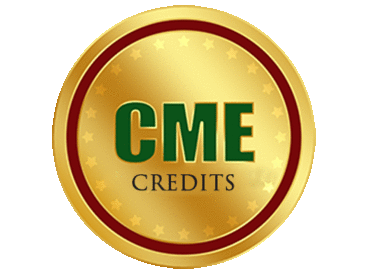
Jana SlobodnÃková
Alexander DubÄek University of TrenÄÃn, Slovakia
Title: Tumor markers: quality control of the laboratory analyses: Importance and benefits
Biography
Biography: Jana SlobodnÃková
Abstract
Background: Tumor markers are important tools in laboratory diagnostics of cancer diseases, which allows us continual supervision of patients´ stage and its time-dynamics. Thanks to these laboratory parameters, receiving diseases can be treated significantly earlier. In our study we evaluated routinely tested tumor markers CA125, Ca199, CEA, PSA, AFP, HCG and Ca153 with emphasis on their diagnostic value in clinical practice.
Aim: The goal of our preliminary study is to verify the informational quality of tested parameters in terms of precision, accuracy and reliability of results with the aim of the external quality control (EQC).
Material & Methods: All listed tumor markers were determined by laboratory methods based on the principle of electrochemiluminescence. The anonymous material for the analysis was provided by a supplier of the external quality control in the form of sample pairs with an undisclosed concentration of the analyte. After processing there were obtained concentrations of particular analytes and they were sent back to the supplier of external quality control for evaluation. Acceptable outcomes were cut-off values which didn´t exceed 20% of the CV of the group, to which laboratory methodologically belonged.
Results: Based on the results it can be concluded that in the tested period laboratory succeeded in all measured parameters, while the critical difference was not even once exceeded. This is primarily about the robustness and reliability of the methodology and laboratory analyzers. It was therefore not necessary even once implemented corrective measures that would inevitably followed the findings of non-compliance. Despite these results, it should be noted, that laboratory diagnostics of tumor markers is time-continuous stream of samples, materials and information, during which there may be in non-compliance at any time.
Conclusion: It is necessary to understand that the external quality control is continuous process of systematic activities directed to the improvement of laboratory work.

